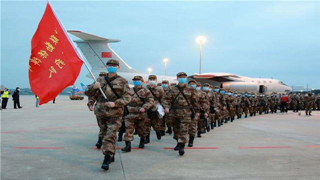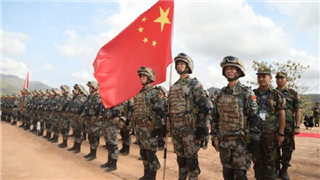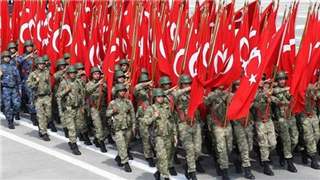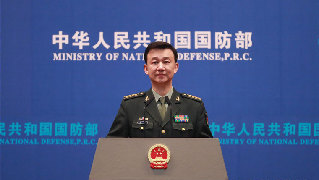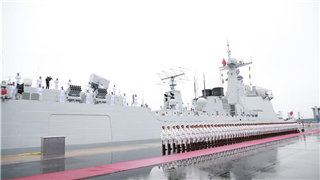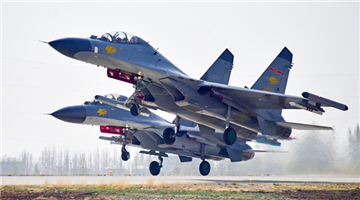China's foreign ministry Monday reiterated its stance on canceling the visas of three journalists working for The Wall Street Journal (WSJ), saying it should take responsibility for what it has published.
"Why did the WSJ publish an article that smears China and Chinese people? Why did it choose a headline with obvious racial discrimination, and why has no one come forward to apologize so far?" Zhao Lijian, the ministry's new spokesman, asked at a daily press briefing on Monday. "China won't be a silent lamb," Zhao said.
On February 19, China's foreign ministry announced its decision to revoke the press credentials of three WSJ reporters in the wake of an opinion piece titled "China is the Real Sick Man of Asia," published the WSJ platform on February 3. The article is written by Russell Mead, a scholar at the conservative Hudson Institute and a professor at Bard College in New York. The ministry said the article has triggered anger and condemnation among the Chinese people and blatantly insulted China, and as such, is holding the WSJ responsible.
"We are not interested in the internal affairs at the WSJ. There is only one media agency called the WSJ in the world, and it must be responsible for what it has said and done," Zhao said.
The three reporters whose credentials were canceled are WSJ Deputy Bureau Chief Josh Chin, reporter Chao Deng, and reporter Philip Wen.
Zhao said the WSJ has so far made no apology and does not seem to realize the seriousness of the situation.
The WSJ's China staff have also asked the newspaper to apologize for "the mistaken choice of a headline" in a joint letter signed by 53 members of the Journal's China staff and "other colleagues involved in the coverage."
"We . . . ask you to consider correcting the headline and apologizing to our readers, sources, colleagues and anyone else who was offended by it," said an email sent by Jonathan Cheng, the Journal's bureau chief on behalf of Journal employees in Beijing.
"This is not about editorial independence or the sanctity of the divide between news and opinion. It is not about the content of Dr. Mead's article. It is about the mistaken choice of a headline that was deeply offensive to many people, not just in China," said the letter.
The email was sent to William Lewis, the WSJ's publisher and chief executive of Dow Jones & Co., and Lewis's boss, Robert Thomson, the chief executive of News Corp.
